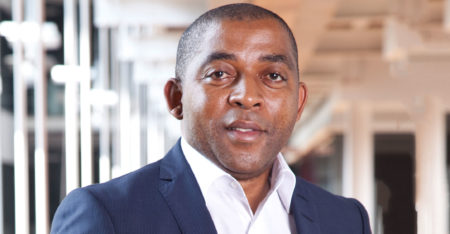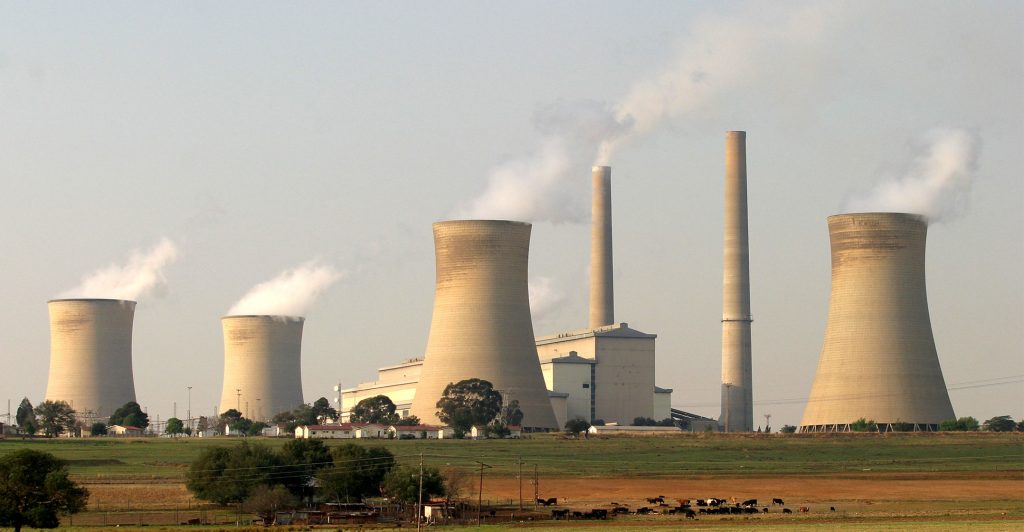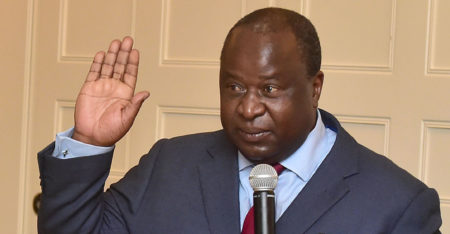South African Airways CEO Vuyani Jarana has quit the financially stricken state-owned company, citing a lack of funding and drop in government support for the carrier’s turnaround plan.
Browsing: Phakamani Hadebe
Eskom’s 96-year history is replete with former CEOs who rose from within the debt-laden state utility to run the company. There are few obvious choices for the next CEO to come from those same ranks.
The top job at one of South Africa’s biggest and most-troubled companies is open again for the 11th time in a decade and it’s unclear anyone is ready to fill it.
Phakamani Hadebe will step down as CEO of Eskom at the end of July, deepening a crisis that Goldman Sachs has described as the biggest threat to the country’s economy.
Eskom’s debt burden, described by Goldman Sachs Group as the biggest threat to the nation’s economy, has burgeoned, compounding the difficulty the government faces in formulating a turnaround plan.
Less than a week after the CEO of Eskom declared “the days of surprises are over”, documents show the government was forced to pay R5-billion in emergency funds so the utility could meet obligations.
Eskom is overhauling the Africa’s sole nuclear plant with the aim of extending its lifespan by at least 20 years.
Almost 15 months into the job, and the boss of South Africa’s state-owned electricity company is getting to grips with issues spanning corruption to defective power plants that threatened to collapse the grid.
South Africa’s struggling power utility started a third day of power outages, blaming issues including failures at two huge new power stations that are also the main source of the company’s massive debt.
The easiest way to rescue ailing state power utility Eskom would be for government to assume part of its R419-billion of debt, CEO Phakamani Hadebe said.






